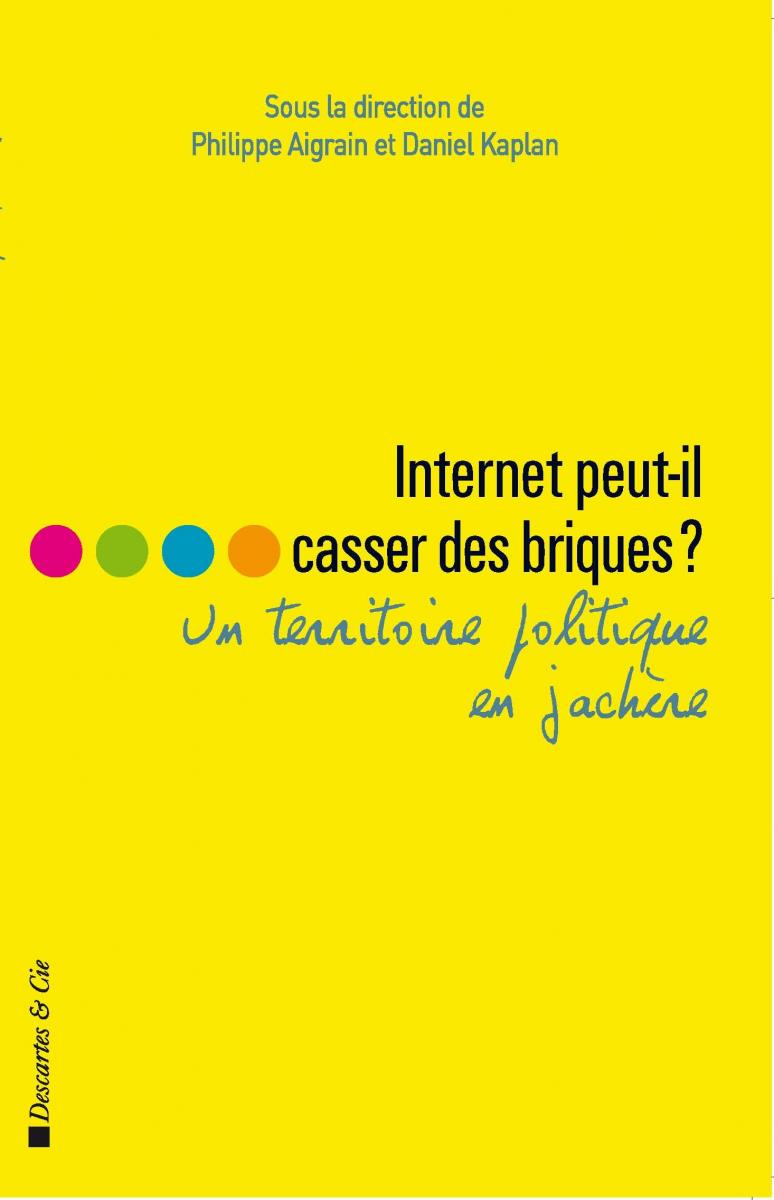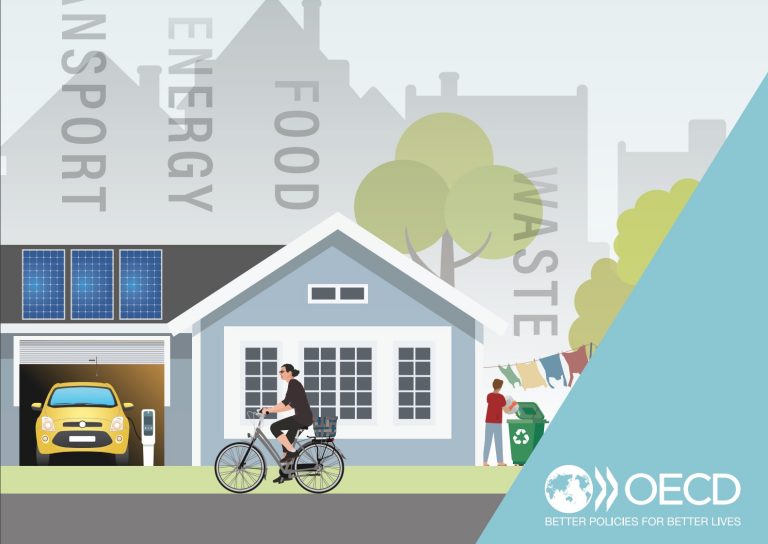Smart cities in Italy and France

The European House-Ambrosetti, an Italian economic think tank/management consultancy and organisers of the very prestigious annual international economic conference in the Italian town of Cernobbio, has – in partnership with ABB Italy – published a report on Smart Cities in Italy.
Entitled “Smart Cities in Italy: an opportunity in the spirit of the Renaissance for a new quality of life“, the report includes 7 proposals aimed at optimizing conditions for Italian cities to become “smarter” in the years to come.
Although the report underlines the importance of real benefits for citizens, it suffers from a top-down approach to how smart cities should be planned for and implemented.
(Since the executive summary publication download has the English pages upside down and in reverse order, I made these small corrections and posted the English summary pdf here. All Italian language materials are available on this page.)
This top down approach stands in stark contrast to the position argued for a few days ago in the Wall Street Journal (see earlier post) and to the position argued for in Can the Internet set the world on fire? A political territory lying fallow (French title: Internet peut-il casser des briques ? Un territoire politique en jachère), edited by Philippe Aigrain and Daniel Kaplan, and with contributions by Philippe Lemoine, Philippe Aigrain, Marjorie Carré, Mélanie Dulong de Rosnay, Jean-Louis Frechin, Vincent Guimas and Ewen Chardronnet, Daniel Kaplan, Sophie Le Pallec, Valérie Peugeot, and Benoît Thieulin.
“The Internet, a matrix for creating utopia? This is certainly the premise on which this book is based. The Internet is both the height of capitalism and the factor for crystallising new popular movements. This duality, which is intrinsic to the Internet ecosystem, should be taken as a signal of positive transformation: new modernity is based precisely on the fact of learning to disassociate and put back together differently that which comes from the market and that which comes from the emancipation of people.
Through utopias that exemplify the impact of new technologies on our lives, that illustrate the new organisation models of a knowledge and innovation economy, or that reformulate the social and political pact, Internet energy indicates the direction of its transforming potential.”
On InternetActu you can read Ta ville, trop smart pour toi, Daniel Kaplan’s contribution to the book (in French).



